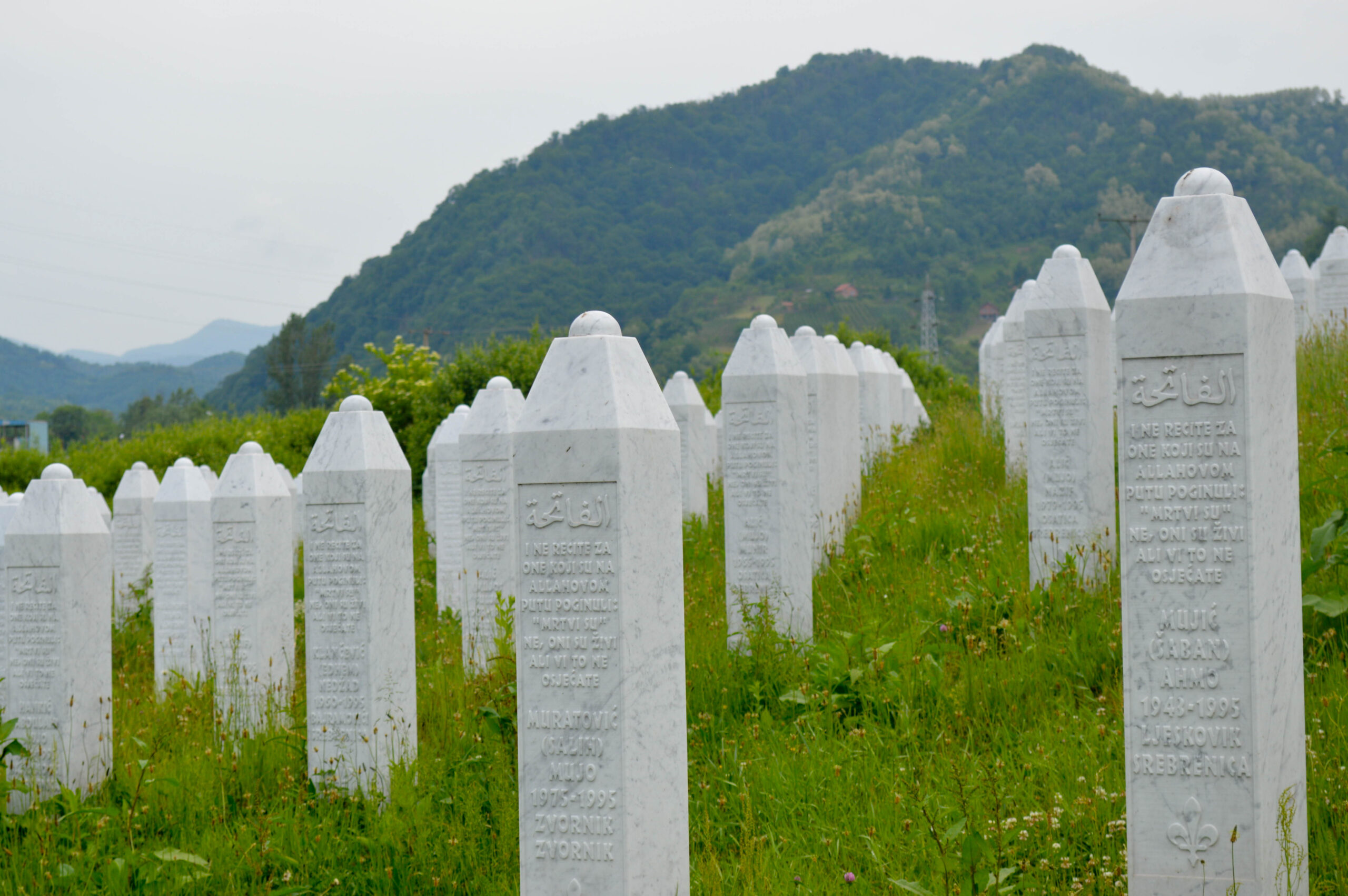On June 8, 2021, the International Criminal Tribunal for the former Yugoslavia (ICTY) in The Hague upheld its 2017 verdict against war criminal Ratko Mladic, the former general of the Bosnian Serb forces during the war in Bosnia and Herzegovina between 1992 and 1995. Ratko Mladic was indicted on July 24 and November 16 of 1995. After hiding in Serbia for almost six years, he was finally arrested on May 26, 2011. Mladic stood trial for 11 counts of crimes committed as the general of the Bosnian Serb forces. The indictment charged war criminal Mladic with: (i) two counts of genocide, (ii) five counts of crimes against humanity and (iii) four counts of violations of the laws and customs of war (war crimes). In November 2017, the ICTY convicted Ratko Mladic on all counts, except for the count of genocide committed against Bosniaks and Bosnian Croat populations in: Prijedor, Vlasenica, Foca, Kljuc, Kotor Varos and Sanski Most.
We applaud the ICTY’s decision to uphold its initial verdict against war criminal Mladic and deny the thinly veiled attempt by him, the authorities in Republika Srpska and certain factions in Serbia to engage in dangerous attempts to revise history. However, we are extremely disappointed with the ICTY’s failure to correct its previous grave error of not convicting war criminal Mladic on the count of committing genocide in Prijedor, Vlasenica, Foca, Kljuc, Kotor Varos and Sanski Most, despite voluminous and well-documented evidence to the contrary. While a conviction on the second count of genocide could never replace the grief and loss of life that too many families experienced in Prijedor, Vlasenica, Foca, Kljuc, Kotor Varos and Sanski Most, it would have brought at least a minimal amount of solace to those families and perhaps resurrected their belief in justice and the rule of law.
In addition, not carrying out justice to the fullest extent of the law has other grave repercussions as well. The failure of the initial verdict to convict war criminal Mladic on the second count of genocide has emboldened the ever-increasing rhetoric of genocide denial and the glorification of war criminals. Genocide denial and the glorification of war criminals is more rampant in Republika Srpska today than at any other point in time over the past decade. Today’s affirmation of the 2017 decision by the ICTY will only serve to further encourage such rhetoric and actions. As an example, statements involving genocide denial and the glorification of war criminals were issued today immediately following the final verdict by certain political leaders of Republika Srpska. Furthermore, the political leaders of Republika Srpska and the Serbian government continue to deny that genocide was committed in Srebrenica despite ICTY verdicts. These destructive actions and voices continue to haunt Bosnia and Herzegovina, further divide the country along ethnic and entity lines, and will only lead to additional social, economic and political instability to the region.
Our thoughts and prayers are with the families of those who lost loved ones between 1992 and 1995 in Bosnia and we are grateful for the ultimate sacrifices that their family members made in protecting and preserving the “idea of Bosnia” – i.e., a multi-ethnic, multi-cultural, pluralistic country based on the rule of law for all of its citizens.

